Pioneer on the administrative reform front
On July 1, 2025, the whole country will carry out the transformation of the 2-level local government model. This is a historic step for the country, a comprehensive and profound reform in the organization of ministries, branches and localities; directed decisively, flexibly and creatively, bringing positive results, receiving the attention, support and high appreciation of a large number of cadres, party members, voters and people. With initial results, the 2-level government model has basically operated smoothly, contributing to solving administrative procedures for people and businesses, focusing on the task of socio -economic development, ensuring national defense and security at the grassroots level. However, in practice, there are still problems in the operation of the 2-level government apparatus, especially in mountainous communes, border areas, remote and isolated areas.
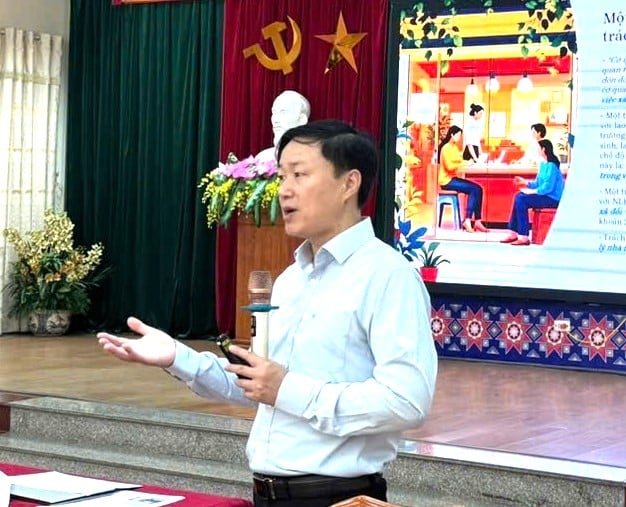
To quickly overcome the limitations and difficulties at the grassroots level, in early September 2025, together with localities across the country, the province welcomed officials from the Ministry of Home Affairs to strengthen local support. This is one of 34 pioneer soldiers on the administrative reform front who were sent to the grassroots level to grasp the actual situation, guide and support to remove difficulties and promptly resolve problems arising at the commune level in the process of organizing and operating the 2-level local government model.
With a nimble figure and bright eyes, Mr. Tran Hai Nam, Deputy Director of the Department of Wages and Social Insurance, who was assigned to Cao Bang, said: Immediately after the decision was made, we quickly approached the locality and started the work. Cao Bang is the land at the head of the Fatherland, associated with a heroic revolutionary history and many historical and cultural relics. This is the first cradle of the Vietnamese revolution, where Uncle Ho returned after 30 years of wandering and built the first revolutionary base. Cao Bang also has a rich and diverse culture, famous for many beautiful landscapes. However, to effectively implement the 2-level local government model, contributing to promoting socio-economic development, many factors are needed, including the specific factors, characteristics and suitability to the conditions of each locality.
With a personal motorbike provided by the Ministry of Home Affairs, he had truly memorable experiences with his friends and teammates from the Department of Home Affairs and the friendliness of the people of Cao Bang helped him complete all his tasks at the base. The first memory when he arrived in the locality was on the full moon day of the seventh lunar month. In the northern mountainous provinces, including Cao Bang, people celebrated the traditional full moon festival, shops were closed, streets and markets were deserted, families with children from all over gathered to celebrate the full moon festival, he became a distinguished guest of the families of his colleagues at the Department of Home Affairs. "At first, I felt very shy because I rarely ate at friends' houses, but later my colleagues were so enthusiastic that I quickly integrated into the local customs" - he shared with a happy smile.
In addition to the general plan, he built a specific and detailed work plan at agencies, units and localities in Cao Bang. He went on field trips to the headquarters of the Public Administration Service Center to grasp the working situation of cadres, civil servants, public employees and people across the province, listened, received and responded to voices from the grassroots. He recorded specific contents beyond his authority to report and ask for opinions from superiors.
The grassroots still face many difficulties in the initial stages of implementing a two-level government.
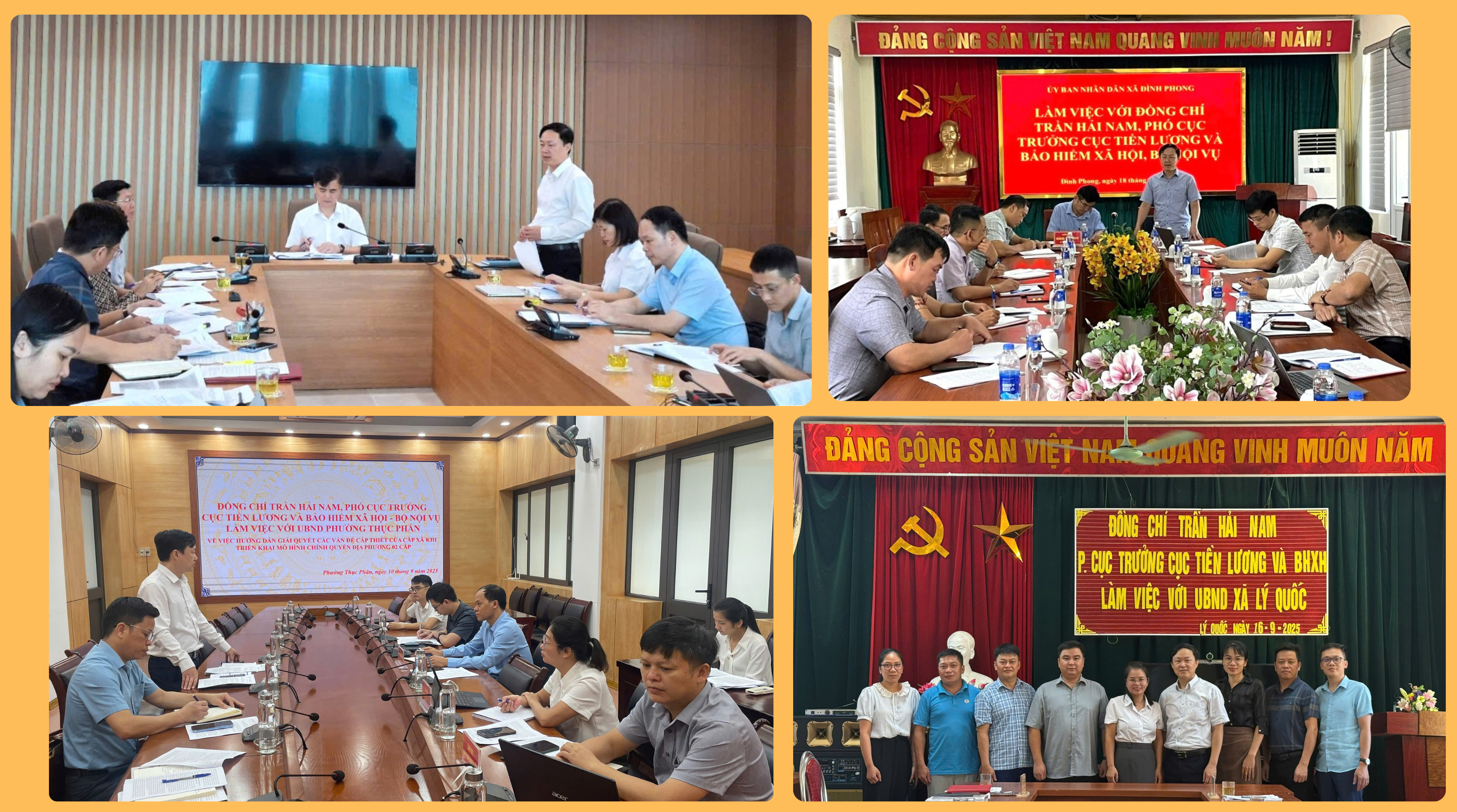
In addition, a number of commune-level civil servants are still confused in performing new administrative tasks decentralized from the provincial and district levels (old) to the commune level, leading to certain difficulties in organizing, implementing and resolving administrative procedures at the local level. A typical example is the situation at the Public Administration Service Centers, the number of people coming to do procedures is not much, the center still arranges all civil servants to be on duty at the counter, while other departments lack personnel to perform professional tasks. The issuance of certificates of poor and near-poor households in some communes is carried out by the Economic Department while the Economic Department is not arranged with facilities to receive them, leading to the situation where people have to gather in line in front of the door, while the Public Administration Service Center next door is deserted.
Difficulties with the base to remove the bottlenecks
Realizing these shortcomings, he discussed with the commune leaders to flexibly consider transferring personnel between the Public Administration Service Center and other departments to support each other, and at the same time be able to arrange work between departments in a more reasonable and effective way, improving reception work and serving people better.
In addition, he also directly supported the resolution of implementation difficulties at the grassroots level, including the lack of people with proper professional training; the weak status of the professional civil servant team in the communes, especially in the fields of justice, civil status, land, health, education, etc.; the confirmation of poor households issued by the People's Committee at the commune level for students... In order for officials and civil servants to accumulate more knowledge and improve their skills in organizing and implementing tasks at the grassroots level, he proposed and connected the Department of Home Affairs and the Provincial Social Insurance to successfully organize a training conference (directly combined with online), and directly participated as a reporter on labor law and social insurance for over 200 civil servants, public employees, and workers of the Department of Home Affairs, the Provincial Social Insurance, 9/9 grassroots Social Insurance and the team of management leaders, personnel officers in charge of enterprises and cooperatives in the province.
According to the Party Secretary of Dinh Phong Commune, Dam Van Vu, after 4 months of the 2-level government being put into operation, the locality has made many efforts in organizing and implementing tasks. However, the implementation process still faces many difficulties, especially in terms of facilities, working conditions as well as the fact that people are not familiar with administrative procedures and information technology applications. Through the working session and direct exchange with the Ministry of Home Affairs officer who has been sent to the locality, the commune was guided to overcome some limitations in the process of operating the apparatus, and at the same time, many practical solutions were suggested to improve the operational efficiency of the commune-level government in the 2-level government model.
Excited to share and open up solutions in work, civil servant La Van Huu, Quang Trung commune said: Through the training sessions, we have been able to access many contents that were quite confusing in the past, especially there was a reporter who was an officer of the Ministry of Home Affairs who answered questions in the process of consulting and performing tasks, very practical for those working at the grassroots level.
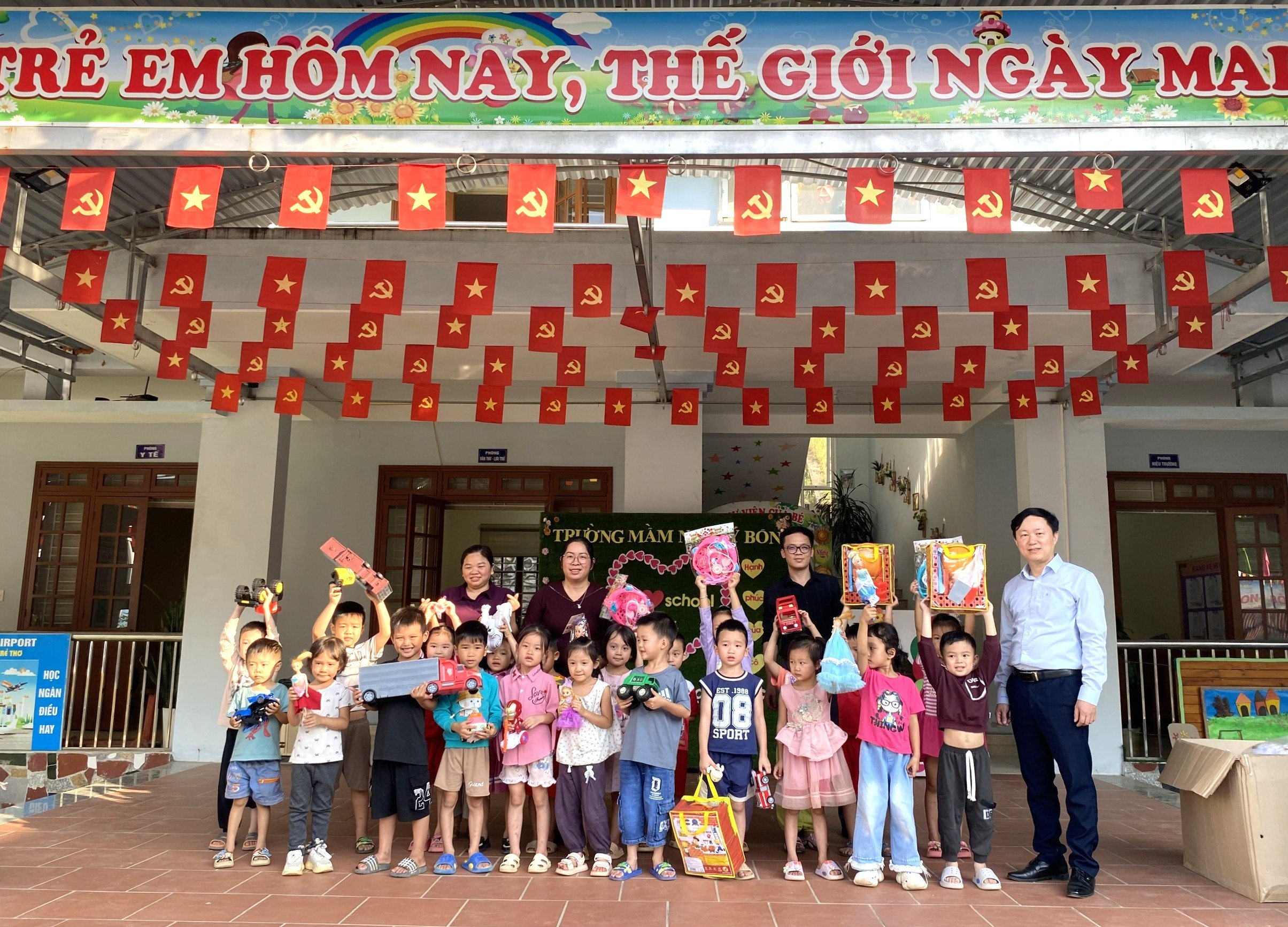
From his practical experience at the base, he clearly felt the difficulties and obstacles of those who work directly in the locality, in remote areas of the country. On the day of farewell after 2 months of fieldwork at the base, he emotionally shared: The team of civil servants and public employees here work very dedicatedly and responsibly, in the conditions of shortage, many places have scattered headquarters, not concentrated, far from each other, headquarters from old, degraded public houses, especially the working headquarters of the People's Committee of Ca Thanh commune, which is having to temporarily fix the working place with aluminum frame houses in the old commune headquarters yard area close to the stream bank, which is unsafe and does not ensure working space conditions. I sympathize with the staff here, however, during this time we are all trying to overcome difficulties for the purpose of completing the task and serving the people well, but I request the leaders of the Commune People's Committee to pay attention, make recommendations and propose to the province to soon deploy the construction of a new working headquarters so that the staff of the commune have a better working environment, thereby contributing to completing the task and serving the people best. Through practical experiences at the grassroots level, I myself have also drawn many experiences, things that I have never had the opportunity to feel before. From these experiences, I will have positive and effective advice in the assigned fields.
With his enthusiasm and responsibility, Mr. Tran Hai Nam was awarded a Certificate of Merit by the Chairman of Cao Bang Provincial People's Committee for excellently completing assigned tasks, having many initiatives and positive contributions, contributing to improving the efficiency of local government operations.
Source: https://baocaobang.vn/
Source: https://sonoivu.caobang.gov.vn/hoat-dong-nganh/tu-quyet-dinh-dung-dan-den-can-bo-nhiet-huyet-1032115










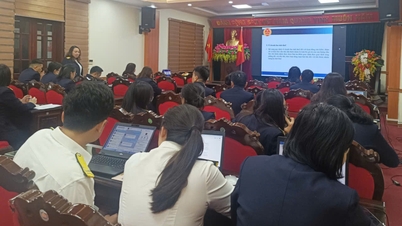



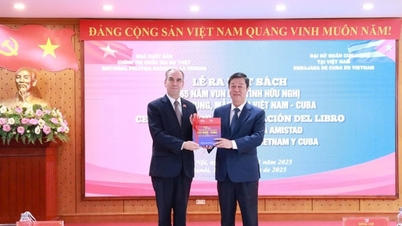



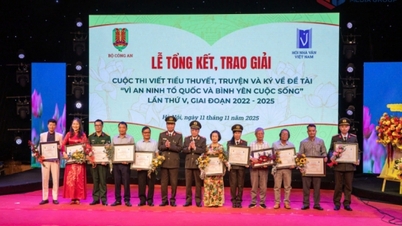





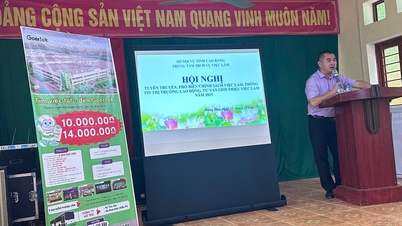
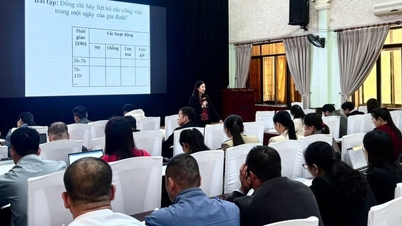
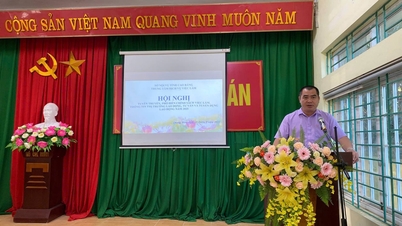


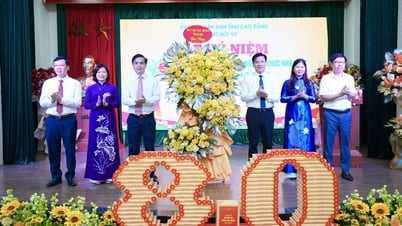





























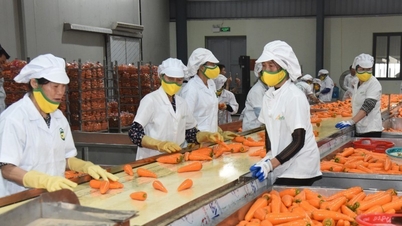










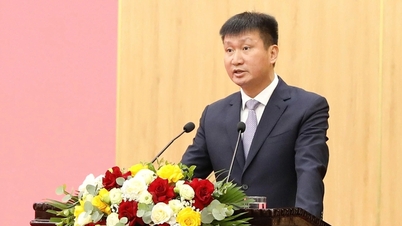



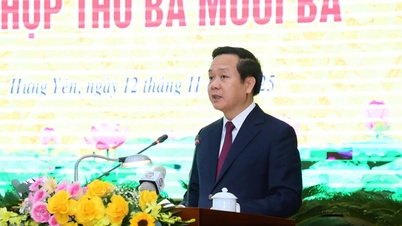


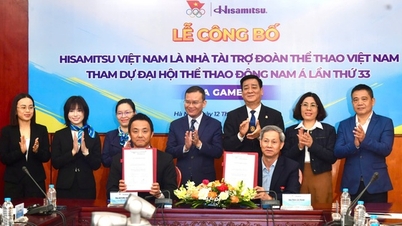





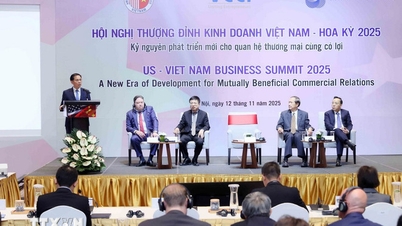

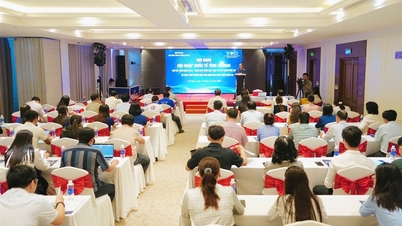
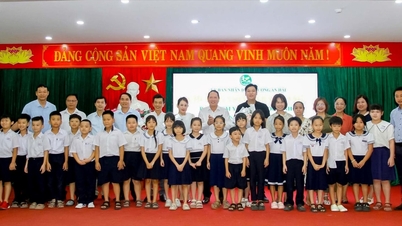


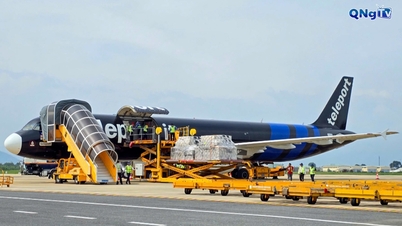

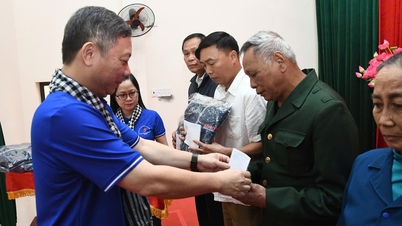






![Dong Nai OCOP transition: [Article 3] Linking tourism with OCOP product consumption](https://vphoto.vietnam.vn/thumb/402x226/vietnam/resource/IMAGE/2025/11/10/1762739199309_1324-2740-7_n-162543_981.jpeg)




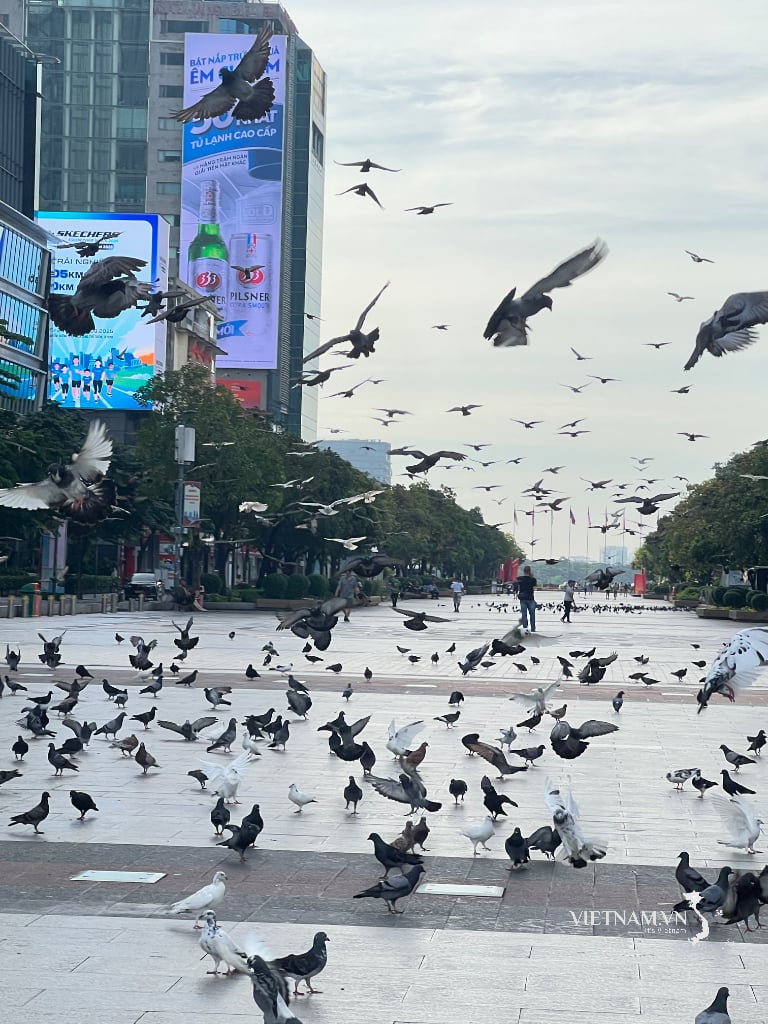



Comment (0)